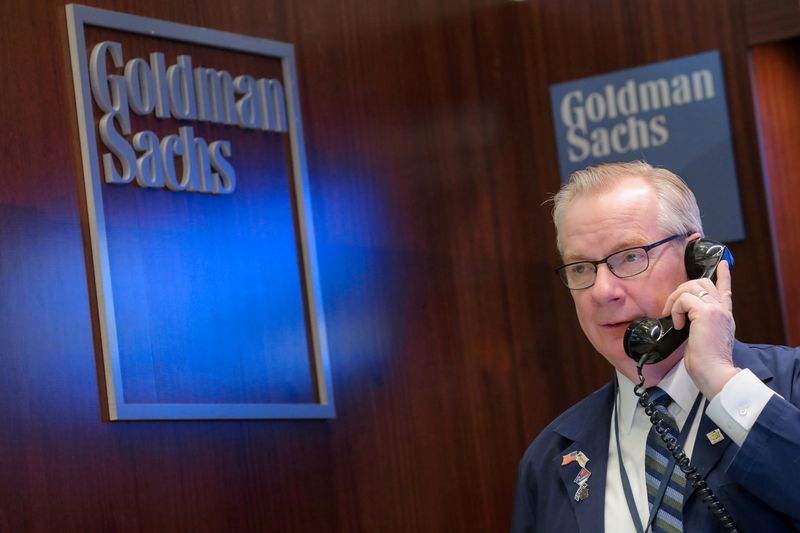Quiver Quantitative - The U.S. Commerce Department, led by Secretary Gina Raimondo, is on a mission to transform the U.S. into a semiconductor powerhouse, seeking to counter the years-long trend of production shift to East Asia. To this end, Raimondo has brought together a team comprising former executives from Wall Street giants like Goldman Sachs (NYSE:GS) and KKR (KKR) This team has the daunting task of distributing approximately $100 billion in subsidies and loan guarantees with the aim of attracting top chipmakers and suppliers to set up new factories on American soil. The initiative, grounded in both economic and national security concerns, comes at a time when tiny electronic components, pivotal in everything from EVs to nuclear missiles, are at the epicenter of a geopolitical tussle between Washington and Beijing.
With a goal of efficient allocation, the Wall Street team is taking a fresh approach. They are treating the program through an investor's lens, prioritizing returns in terms of economic and national security benefits over mere profits. Yet, the team is in uncharted waters. In an industry where setting up a new factory can cost upwards of $20 billion; the available funds might be insufficient. Challenges are plenty: the recent delay by Taiwan Semiconductor Manufacturing (TSM) in opening its Arizona plant, due to a shortage of skilled workforce, underscores the uphill battle.
However, insiders are cautious, warning against sky-high expectations. The semiconductor sector is not only capital-intensive but also requires specialized skills, and the U.S. currently faces a talent crunch. Furthermore, the U.S. initiative must navigate complex negotiations with semiconductor behemoths that have significant leverage on a global scale. Intel Corp (NASDAQ:INTC) for instance, has hinted at its terms, suggesting that the U.S. should ease restrictions on chip exports to China if it expects significant domestic investments from the company.
The stakes are undeniably high for the U.S. government, particularly given its recent track record with ventures like Foxconn's Wisconsin project. There is pressure to ensure that corporations deliver on their commitments and that taxpayer money is judiciously used. To succeed, the U.S. needs a strategic, collaborative approach that goes beyond mere funding, encompassing partnerships with industry leaders, investments in workforce development, and international cooperation to establish a synchronized supply chain.
This article was originally published on Quiver Quantitative
